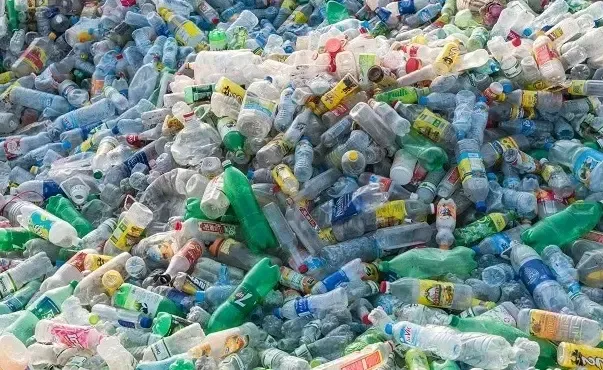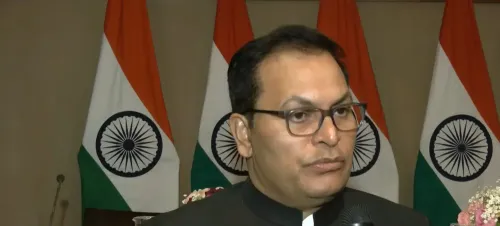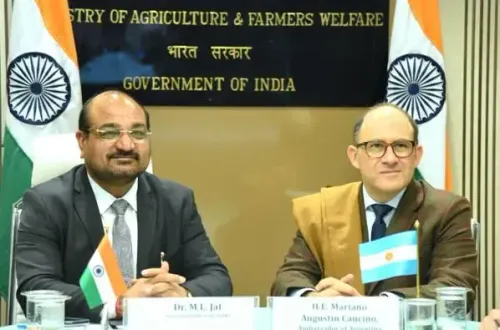Australian Scientists Urge Action to Curb Plastic Burning in Developing Countries

Synopsis
Key Takeaways
- Australian researchers call for urgent action.
- Burning plastic poses severe health risks.
- Many developing nations rely on this harmful practice.
- Call for cleaner fuel subsidies and education.
- Projected increase in urban populations and plastic consumption.
Sydney, Feb 19 (NationPress) Australian scientists are urging immediate measures to mitigate the practice of burning plastic for heating and cooking in developing countries, highlighting significant health hazards.
A recent study conducted by researchers at Curtin University in Western Australia revealed that millions of households across Africa, Asia, and Latin America are resorting to burning plastics due to the scarcity of traditional energy alternatives, according to a report by Xinhua agency.
The research indicated that many individuals in developing regions cannot afford cleaner fuels like gas, and the rapid urban expansion has made traditional fuels such as wood and charcoal increasingly difficult to procure, while plastic waste is readily available.
Bishal Bharadwaj, the lead researcher from the Curtin Institute for Energy Transition (CIET), emphasized the numerous health threats associated with burning plastic.
"Incinerating plastic emits toxic substances, including dioxins, furans, and heavy metals into the atmosphere, which can lead to various health issues such as respiratory diseases," he stated.
"These dangers are particularly severe for women and children, who tend to spend more time at home."
Bharadwaj mentioned that a survey found that 13 percent of households in Nigeria reported utilizing garbage as cooking fuel, and an analysis of soil and food samples from Indonesia uncovered alarming levels of toxins linked to plastic burning.
The researchers cautioned that this situation is poised to escalate, with projections indicating that two-thirds of the global population will reside in urban areas by 2050 and plastic consumption likely to triple by 2060.
Peta Ashworth, director of CIET, pointed out that this issue predominantly affects marginalized communities, such as slums.
She suggested that while an outright prohibition on burning plastics may not be effective, alternatives like subsidizing cleaner fuels for low-income families, enhancing waste management practices, and launching educational initiatives could serve as viable solutions to tackle this pressing concern.










